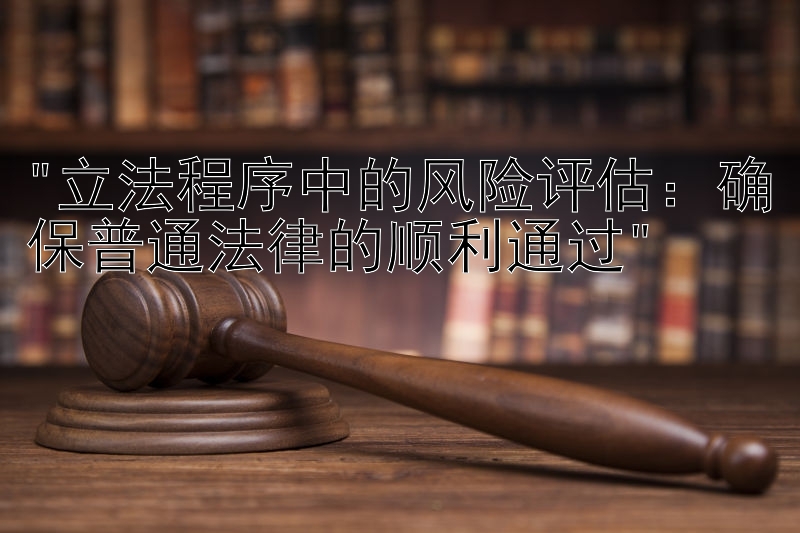在普通法的传统中,法律的适用被认为既要有坚定的原则性,以确保公正和可预测的结果,又要具备一定的灵活适应性,以应对不断变化的社会需求和复杂的事实情况。这种平衡是司法过程中的核心挑战之一,它要求法官在遵循先例的同时,也要有能力根据具体案件的情境做出合理的判断。以下是关于如何在普通法中实现这一平衡的一些关键点:
1. The Doctrine of Precedent (判例法)
在普通法系中,法院的判决具有约束力,即后来的类似案件应按照之前的判决进行裁决。这被称为“遵循先例”的原则。然而,这一原则并不意味着法律僵化不变。相反,它承认了法律发展的渐进性质,允许通过后续案件对先前判决的解释和发展来实现法律的进化。例如,如果一个早期的判决是基于特定的、有限的事实情境而做出的,那么当面对更广泛或不同的情况时,法院可能会选择不严格遵循该判决,而是寻找一种既能尊重先例又能满足当前正义需求的解决方案。
2. Judicial Discretion(司法裁量权)
法官在解释和应用法律时享有相当大的自由裁量权。他们不仅需要考虑法律文本本身,还要考虑到公平、公共政策和社会利益等多个因素。这种裁量权使得法官能够在处理新出现的问题时保持一定程度的灵活性。同时,这也意味着法官必须对其决策负责,确保他们的决定基于充分的法律推理并符合法治原则。
3. Statutory Interpretation(法律解释)
即使有明确的法律规定,解释这些法律的过程也可能是复杂的。法官在这个过程中扮演着重要角色,他们需要确定立法者的意图以及如何将这些意图应用于特定案件的具体事实。这个过程可能涉及运用各种解释技巧,包括字面意义、目的论解释和比较法律方法等。通过对法律的创造性解读,法官可以在一定程度上调整法律的适用,使其更好地适用于新的社会现实。
4. Case-by-Case Adaptation(个案适应)
普通法的一个重要特点是其发展往往是通过单个案件的审判过程实现的。每个案件都有其独特的背景和事实,因此法官可以根据具体情况作出不同的判决。这种方法允许法律在不改变成文法的情况下逐步演变,从而实现了灵活性和稳定性之间的微妙平衡。
5. Related Cases and Analysis(相关案例分析)
Case Study: R v. Latimer
In this case, the Canadian Supreme Court considered whether a father who killed his severely disabled daughter to end her suffering should be convicted of murder or manslaughter. The court recognized that while euthanasia is generally illegal in Canada, there were exceptional circumstances surrounding the case that warranted a more lenient verdict. The court's decision to reduce the charge from murder to manslaughter was seen as an example of how the law can adapt to reflect societal values and evolving moral standards.
Case Study: Brown v. Board of Education
This landmark U.S. Supreme Court case dealt with racial segregation in schools. Despite previous rulings upholding separate but equal educational facilities for different races, the Court overturned these decisions, recognizing that segregated schools were inherently unequal. This demonstrates how the principle of stare decisis (adherence to precedent) does not prevent courts from reconsidering earlier judgments when new evidence or societal changes warrant reconsideration.
Conclusion
In summary, balancing flexibility with firmness in common law systems requires judicial creativity within the constraints of legal tradition. Judges must interpret statutes broadly enough to accommodate changing social norms without undermining the rule of law itself. They also need to consider each case on its own merits and weigh various factors—including fairness, public policy, and consistency with prior decisions—to ensure justice is served equitably across diverse situations. By doing so, they contribute to both the stability and evolution of the common law system.





